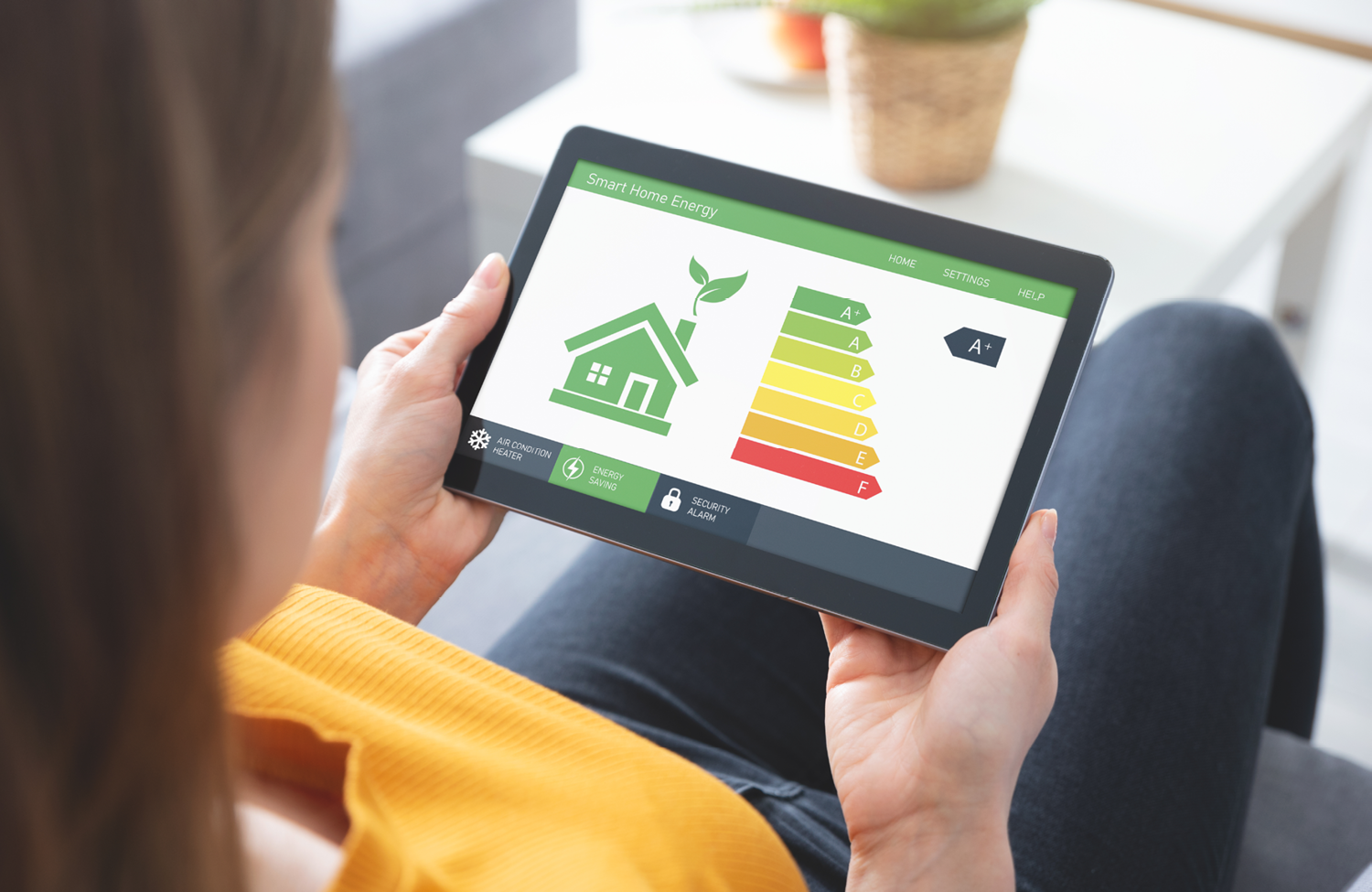
Benefits of Energy-Efficient Homes
With the rise of inflation, consumers are looking to cut costs anywhere they can. Cutting costs can start at home by taking small – or large – steps to make your home more efficient.
Why should you consider an energy-efficient home?
Energy-efficient homes have become increasingly popular over the years for a number of reasons, but what does it mean to have an energy-efficient home? Energy-efficient homes are designed to conserve and reduce energy use, from its construction to its major appliances and home features.
Here are some possible benefits to making your home more energy-efficient:
According to the NAR 2023 REALTORS® & Sustainability Report (2), the home features that respondents believed were most important to clients included windows, doors, and siding (39%), proximity to frequently visited places (37%), a comfortable living space (37%), and a home’s utility bills and operating costs (25%). This proves that energy-efficient homes are considered a valuable investment to both buyers and sellers in today’s market.
Ready to take small steps at home?
Here are some easy and effective ways to lower your home’s energy usage:
Sources: (1)Energy.gov, (2)Nar.realtor, (3)Irs.gov
Advertised mortgage company is not a tax consultant. Speak with your tax advisor for more information.
Why should you consider an energy-efficient home?
Energy-efficient homes have become increasingly popular over the years for a number of reasons, but what does it mean to have an energy-efficient home? Energy-efficient homes are designed to conserve and reduce energy use, from its construction to its major appliances and home features.
Here are some possible benefits to making your home more energy-efficient:
- Lower monthly energy bills – Energy-efficient homes are less expensive to heat, cool, and operate. For example, The U.S. Department of Energy estimates that of the $2,000 the average American spends annually on energy costs, $200 to $400 is lost from outdated heating and cooling systems and other energy inefficiencies (1). Some energy-efficient products may be more costly upfront, but will help you to save money over the long term. Check for any discounts or rebates when purchasing these products.
- Increased resale value – Buyers are now prioritizing “green” home features in their searches. In a 2022 NAR survey (2), it’s reported that 50% of REALTORS® helped a client purchase or sell a home with green features in the last year, up from 32% from the previous year. In addition, 63% said energy efficiency promotion in listings was very or somewhat valuable. If your home is considered “greener” than others, you could be offered more money for it.
- Reduced carbon footprint – According to the U.S. Department of Energy, “Energy efficiency is one of the easiest and most cost-effective ways to combat climate change, reduce energy costs for consumers, and improve the competitiveness of U.S. businesses. Energy efficiency is also a vital component in achieving net-zero emissions of carbon dioxide through decarbonization”. By helping to heat and cool your home more efficiently, like installing a smart thermostat, you’re already making a small step to improve its environmental impact!
- Tax benefits – There are potential tax credits for residential energy efficiency. Through the Energy Efficient Home Improvement Credit, if you make qualified energy-efficient improvements to your home after Jan. 1, 2023, you may qualify for a tax credit up to $3,200 (3). Improvements can include qualified energy efficiency improvements installed during the year, residential energy property expenses and home energy audits.
- Improved overall health and comfortability - Respiratory issues can be brought on by inadequate weatherization and ventilation in a home. In addition, the reduction of fossil fuel use can lead to cleaner air, water, and land, which can have a direct impact on our health.
According to the NAR 2023 REALTORS® & Sustainability Report (2), the home features that respondents believed were most important to clients included windows, doors, and siding (39%), proximity to frequently visited places (37%), a comfortable living space (37%), and a home’s utility bills and operating costs (25%). This proves that energy-efficient homes are considered a valuable investment to both buyers and sellers in today’s market.
Ready to take small steps at home?
Here are some easy and effective ways to lower your home’s energy usage:
- Switch existing lightbulbs out with LED.
- Install a smart thermostat.
- Seal any air leaks around doorways, windows and/or attic and basement areas.
- Upgrade to ENERGY STAR® certified products, like their storm windows, major kitchen appliances, lighting, heating & cooling systems and washer/dryers.
- If you work from home, consider switching to a laptop. Laptops use significantly less electricity than desktop computers.
- Wash your clothes in cold water.
- Use low-flow showerheads.
- Hang window drapes.
- Utilize ceiling fans.
Sources: (1)Energy.gov, (2)Nar.realtor, (3)Irs.gov
Advertised mortgage company is not a tax consultant. Speak with your tax advisor for more information.
